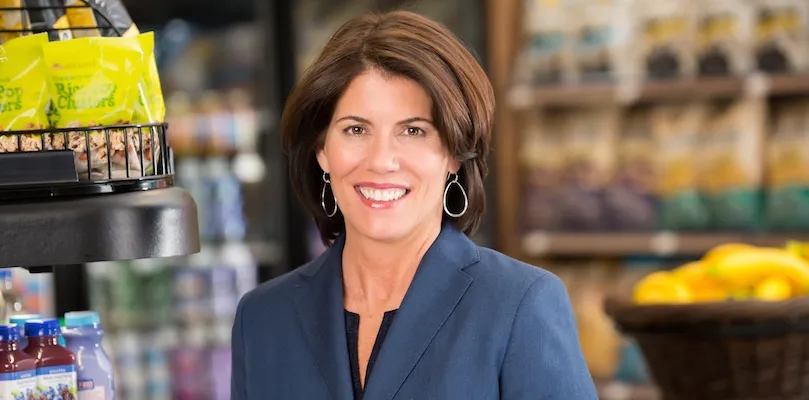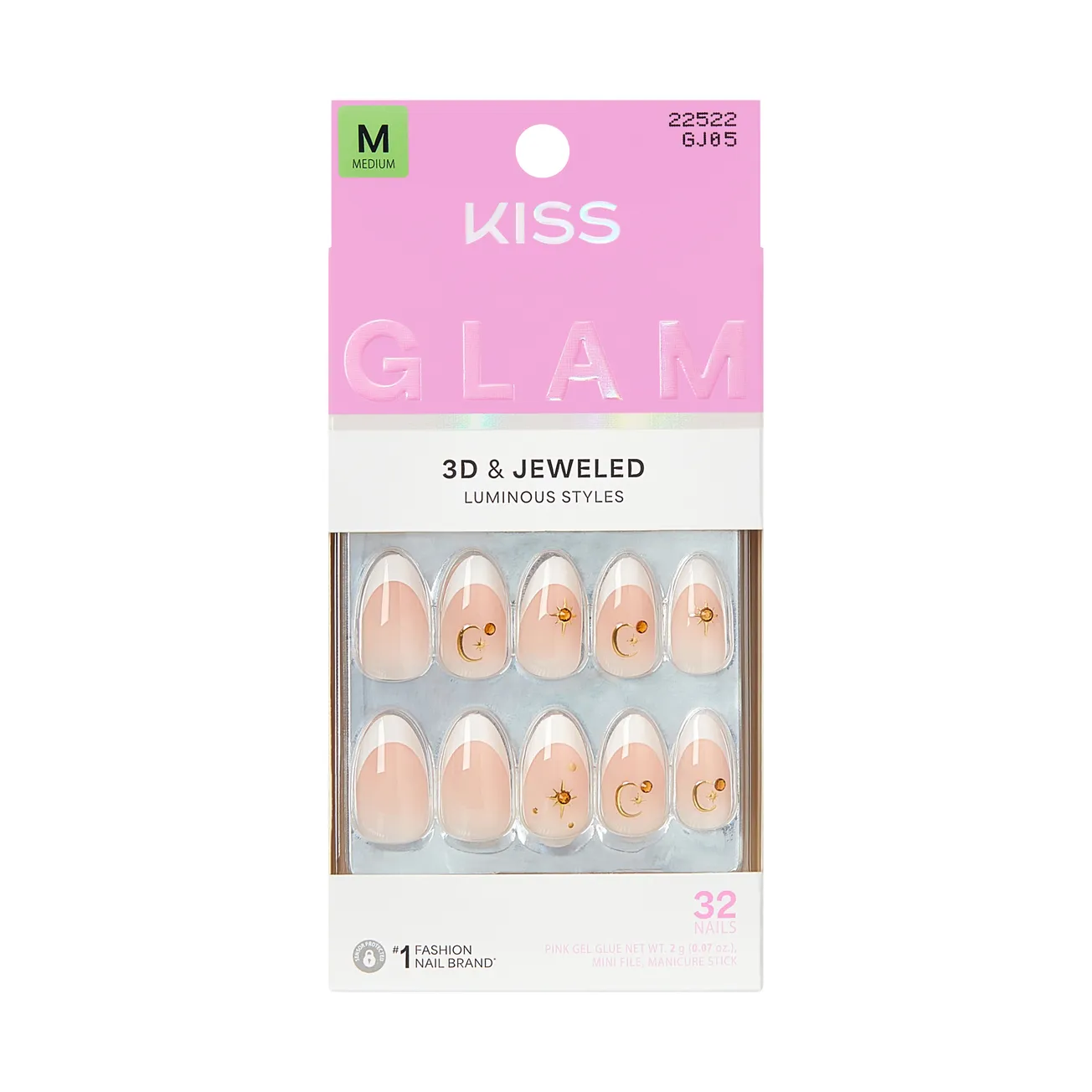NEW YORK — Helena Foulkes, executive vice president of CVS Health and president of CVS/pharmacy, has climbed higher on the “50 Most Powerful Women in Business” by Time Inc.’s Fortune magazine.
Foulkes came in at No. 14 on the annual list this year after finishing at No. 26 in 2014.
“After CVS Health’s 2014 decision to stop selling tobacco products, Foulkes, who handles $68 billion of CVS’s overall $139 billion in revenue, followed up with two major initiatives this year: helping oversee the $1.9 billion purchase of Target’s prescription-filling business — a deal that will give CVS the most pharmacy locations in the U.S. — and launching upgraded beauty and healthy food sections in many of the stores,” Fortune wrote about Foulkes on the list, which is available online and will appear in the publication’s Sept. 14 issue.
Executives for the “Most Powerful Women in Business” list, compiled by Fortune editors, are selected based on four criteria: the size and importance of the woman’s business in the global economy, the health and direction of the business, the arc of the woman’s career and social and cultural influence.
In a Fortune article titled “The Change Agent Inside CVS” from the “Most Powerful Women” report, Foulkes points to the “retailization” of health care and the synergy between CVS Health’s retail drug store and pharmacy benefits management businesses. “The health care system is going to undergo a lot of change,” she told Fortune. “Change is good for companies looking for opportunities.”
And in a video posted by the publication (see above), Foulkes notes that the explosion of health-related apps and digital access to health and wellness information is enabling people to better manage their well-being. Down the road, she expects these tools to become part of a broader infrastructure and architecture that links them to the health care system.
“The next big thing is going to be — somehow, some way in the next decade — consumers are going to have access to all of this information that really puts them in control of their health care,” Foulkes told Fortune.









